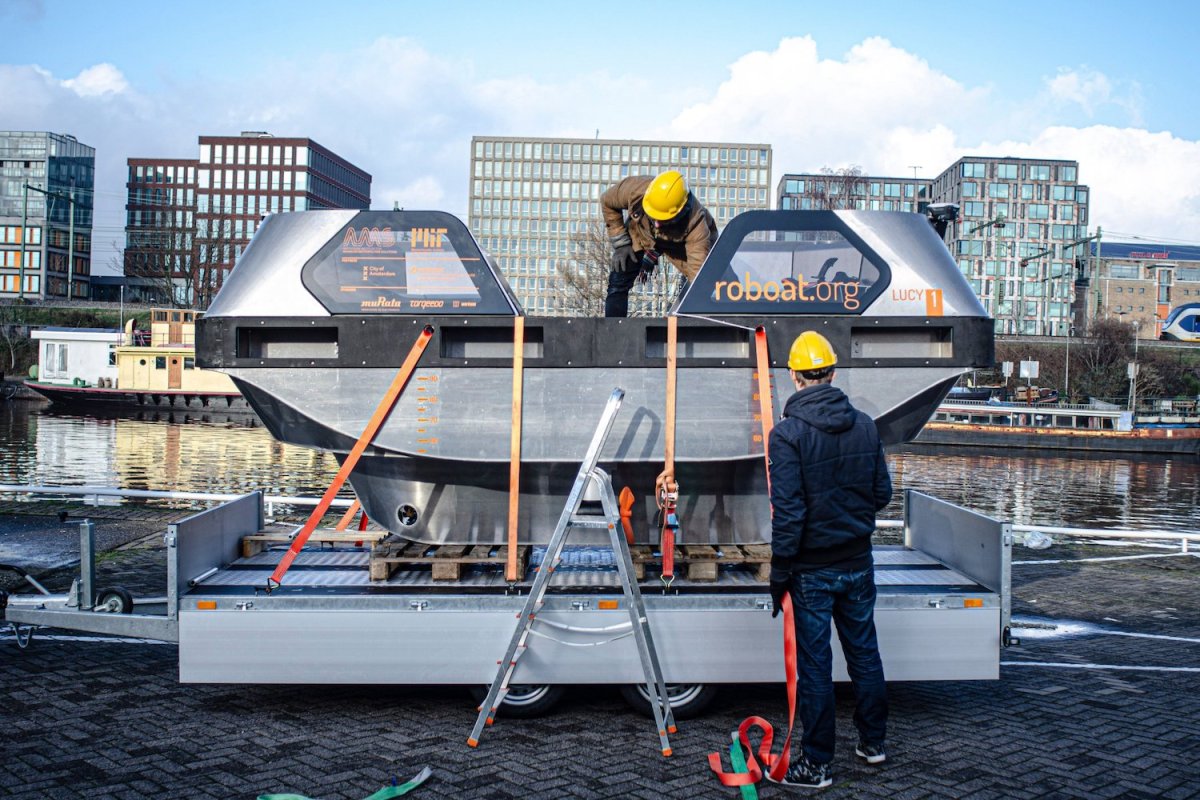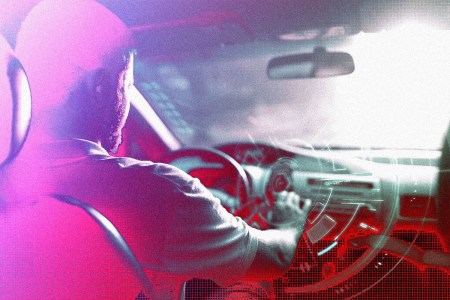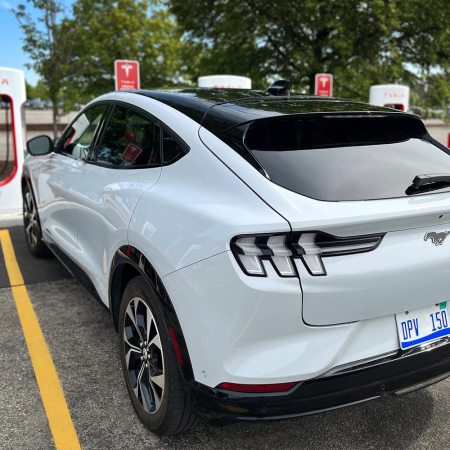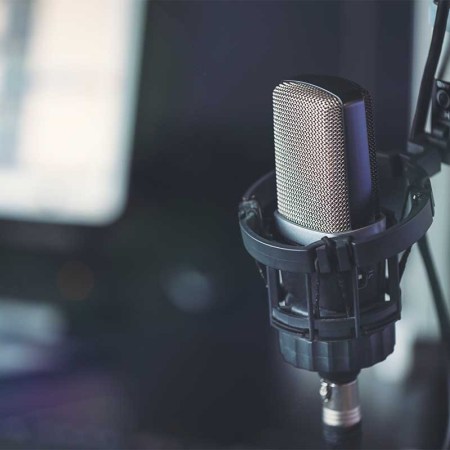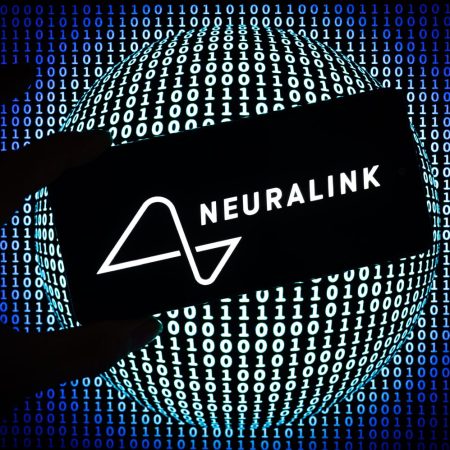Technology is a funny thing. As AI advances at a speed that experts warn is too fast, the promise of autonomous cars is lagging behind schedule. According to CNN, Lyft estimated in 2016 that most of its rides would be self-driving by the year 2021. The very next year in 2017, General Motors stated it would be mass-producing fully autonomous cars before 2021. And yet, modern-day drivers are still trying to keep their hands on the wheel while typing direction into Google maps, fielding texts, appeasing the dogs and the kids, balancing a doughnut in one hand and iced coffee in the other and all manner of other vehicular activities that they really shouldn’t be doing on the open road.
But boats are way ahead of the game. Sure, boats have way less obstacles to deal with: canals, rivers and open waters have significantly less traffic and no pedestrians to deal with, and navigation is often easier because boats follow stricter routes. These waterway vehicles use advanced AI technology that helps them avoid obstacles, navigate courses and adapt to shifting conditions in real time, and they are already being used for things like cargo transport, waste collection, checking water quality and gathering oceanic data.
Is Semi-Autonomous Safety Technology Breeding a Generation of Bad Drivers?
As cars demand less and less input from drivers, our ability to react in emergencies diminishesIf you’re enjoying a leisurely canal tour in Amsterdam, you might see a Roboat drifting by. These autonomous boats were developed by MIT and funded by the Dutch city and have been trialed for both transportation and waste collection. The company even hopes to develop a self-driving ferry to operate during the Paris Olympic games next year. Over in the United Arab Emirates, Dubai tested an autonomous Abra ferry that can carry eight passengers. And in Norway, Yara Birkeland is the world’s first fully electric and autonomous cargo ship, and its creators say it’s intended for more environmentally-friendly freight transport.
Supporters of these new autonomous, electric boats say they’ll be good for both safety and the environment. We have yet to see a downside, but only time will tell how much of a positive impact they’ll have.
Thanks for reading InsideHook. Sign up for our daily newsletter and be in the know.
